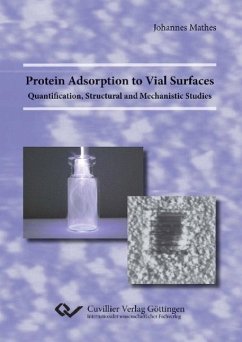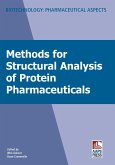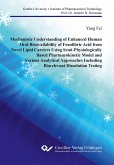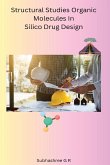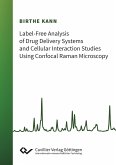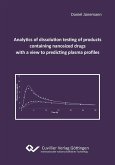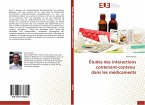The adsorption of therapeutic proteins to different surfaces in the course of fill and finish, storage, or administration is critical and has shown to cause severe problems which should not be underestimated. Among them is the loss of content but also, potentially, protein structural changes, accompanied by the risk of therapy failure or immunological reactions. In this context, special attention has to be paid to primary packaging containers, to which the protein has an enduring surface contact. Against this background, the adsorption of a modern therapeutic protein, i.e. an IgG1 antibody, to vials was investigated within the scope of this thesis. The first priority had borosilicate glass, followed by siliconized borosilicate glass and polyolefin plastic. The use of model surfaces was almost completely avoided. The studies comprise the quantification of surface-bound protein subject to variable formulation compositions and surface qualities as well as a detailed characterization of the adsorbed protein layer including protein structural alterations caused by the adsorption process. In the presented investigations, the main focus was on the equilibrium state of adsorption at conditions mainly within the scope of pharmaceutical relevance, but also beyond, if necessary, for the acquisition of fundamental knowledge on the adsorption mechanism.
Bitte wählen Sie Ihr Anliegen aus.
Rechnungen
Retourenschein anfordern
Bestellstatus
Storno

